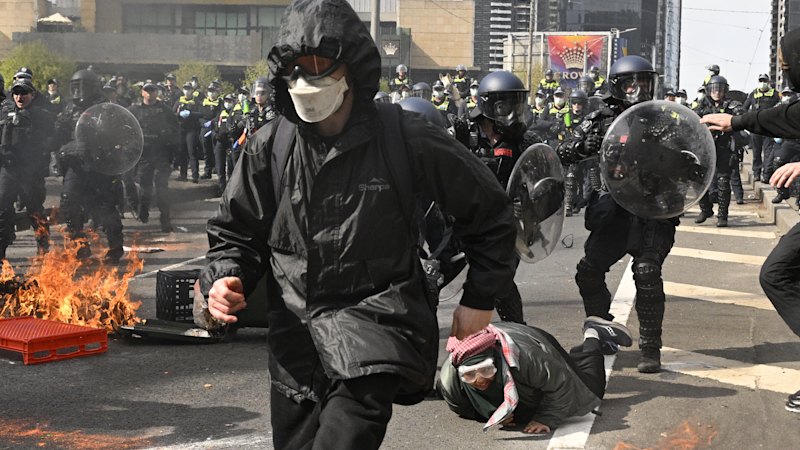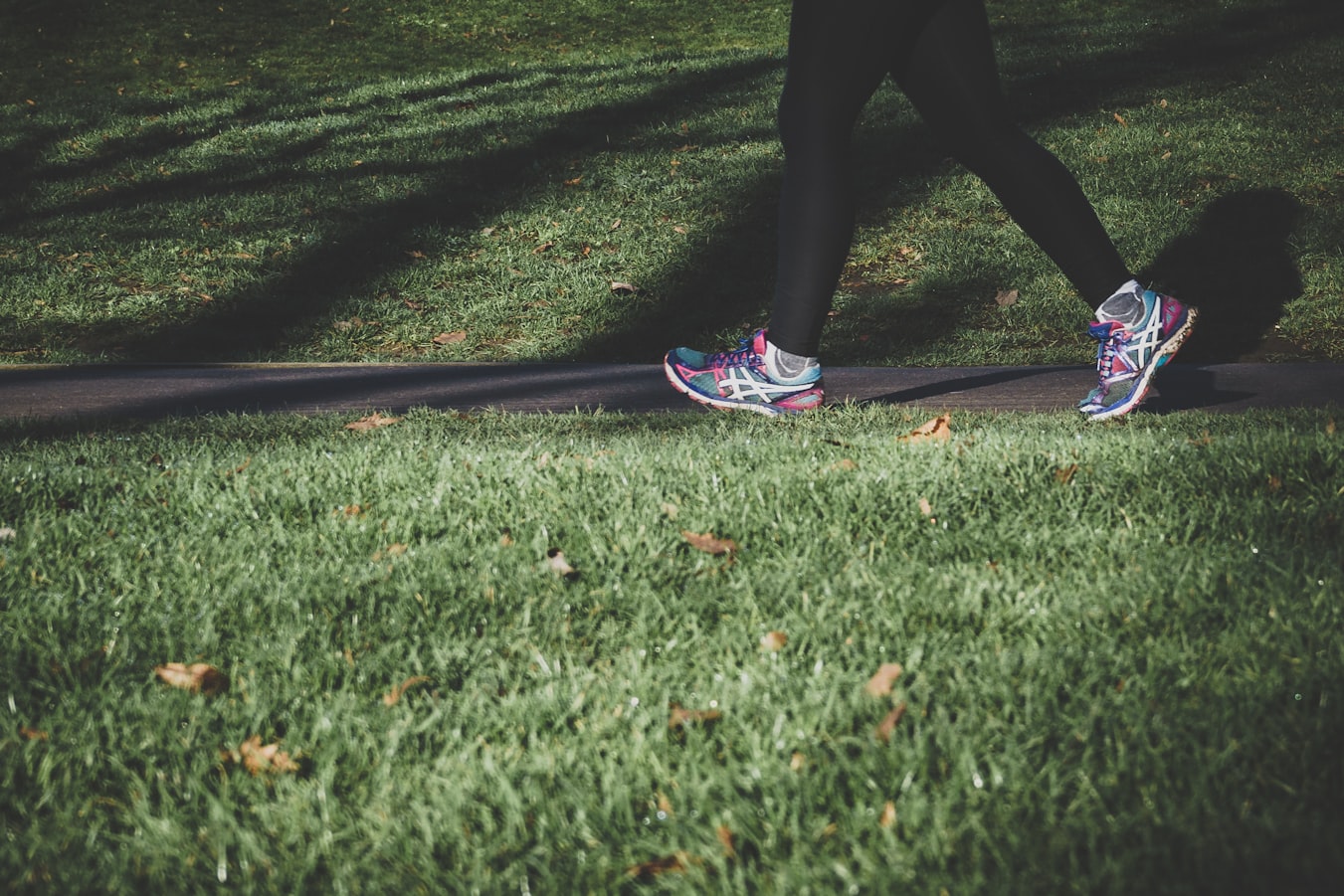
Proposed legislation concerning face masks at public demonstrations in Victoria is set to face significant scrutiny ahead of a state cabinet meeting scheduled for March 15, 2024. The new laws would allow police to request the removal of face coverings only if they reasonably suspect a protester is committing or about to commit a criminal offence. This approach has been met with criticism, as it falls short of the stronger measures originally promised by Premier Jacinta Allan following recent violent protests.
The revised legislation comes in response to previous incidents, including the firebombing of the Adass Israel Synagogue, and protests related to Israel’s actions in Gaza, which Allan described as featuring “extreme, dangerous and radical conduct.” During a statement made shortly after the synagogue was attacked, she emphasized the need to prevent protesters from using masks to hide their identities, stating, “Face masks aren’t a free pass to break the law.”
Under current Victorian law, police can direct individuals to remove face coverings in designated areas. However, the proposed changes would eliminate the need for such designated areas, placing greater emphasis on the police’s reasonable suspicion of criminal activity. While this adjustment aims to balance legal concerns with public safety, it may not satisfy community organizations advocating for stronger protections against hate speech and violence.
Despite Allan’s commitment to address these issues, the proposed legislation has drawn criticism from various quarters. The opposition’s police spokesman, David Southwick, labeled the changes as inadequate, arguing that they would merely offer more cover for those intending to break the law. Southwick has already pledged that a future Coalition government would impose a complete ban on face masks during protests, along with additional measures to enhance police powers.
The government is also expected to introduce separate legislation banning public displays of symbols associated with proscribed terrorist groups such as Hezbollah and Hamas. Furthermore, provisions aimed at limiting protests outside places of worship will be included, although an outright ban is not planned. This has sparked discussions about the potential unintended consequences for specific communities, including survivors of child sex abuse who have protested outside churches.
Legal experts and human rights advocates have raised concerns about the constitutionality of a blanket ban on face coverings. The Human Rights Law Centre has argued that such measures could criminalize individuals who wear masks for health, cultural, or privacy reasons. Sarah Schwartz, the centre’s legal director, warned, “A blanket ban on face coverings at protests would not only be a clear overreach but would likely breach the constitution’s implied freedom of political communication.”
The proposed legislation is set to be introduced to parliament later this week if approved by the cabinet. As the discussions unfold, it is clear that the balance between public safety and individual rights will remain a contentious issue. The outcome could significantly impact how protests are conducted in Victoria, drawing attention from various advocacy groups and the broader community.
The cabinet meeting on March 15 will likely spark heated debate, as both government officials and community representatives voice their concerns about the implications of the proposed laws. As the situation develops, many will be watching closely to see how the government navigates this complex landscape of legal, social, and political challenges.







